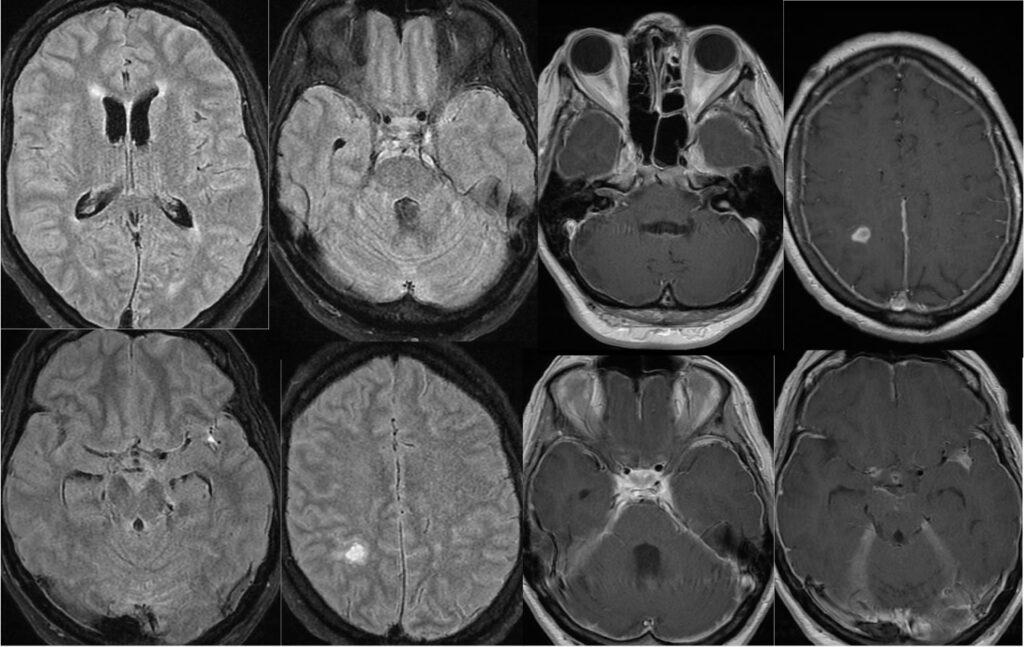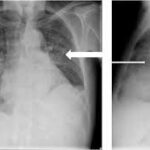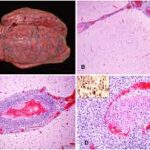Listeria meningitis is a rare but severe bacterial infection affecting the central nervous system. It is caused by Listeria monocytogenes, a foodborne pathogen that can cross the blood-brain barrier, leading to life-threatening inflammation of the meninges. This form of meningitis primarily affects newborns, the elderly, immunocompromised individuals, and pregnant women. Early diagnosis and aggressive antibiotic treatment are critical for improving patient outcomes.

What is Listeria Meningitis?
Listeria meningitis is a type of bacterial meningitis resulting from Listeria monocytogenes infection. Unlike other common causes of meningitis (Streptococcus pneumoniae, Neisseria meningitidis), listeria has a unique ability to invade immune-deficient hosts, survive within macrophages, and spread systemically. It can lead to severe neurological complications, including brain abscesses and encephalitis.
Causes and Risk Factors
Listeria meningitis develops when Listeria monocytogenes enters the bloodstream, crosses the blood-brain barrier, and infects the meninges. The primary route of transmission is through contaminated food, including dairy products, processed meats, and raw vegetables.
High-Risk Groups:
- Newborns (Neonatal Meningitis): Transmitted from mother to infant during pregnancy or birth.
- Elderly Individuals: Weakened immunity increases susceptibility.
- Immunocompromised Patients: Cancer, HIV/AIDS, organ transplants, or long-term steroid use elevate risk.
- Pregnant Women: Listeriosis can lead to miscarriage, stillbirth, or neonatal infection.
- Chronic Disease Patients: Diabetes, kidney failure, and liver disease increase vulnerability.
Symptoms of Listeria Meningitis
Symptoms of listeria meningitis can develop gradually or progress rapidly, leading to severe neurological impairment.
Common Symptoms in Adults:
- High fever and chills
- Severe headache
- Neck stiffness (nuchal rigidity)
- Nausea and vomiting
- Sensitivity to light (photophobia)
- Confusion, delirium, or altered mental status
- Seizures
Symptoms in Newborns and Infants:
- Poor feeding
- Irritability or excessive crying
- Seizures
- Bulging fontanelle (soft spot on the head)
- Difficulty breathing
- Lethargy
Without prompt treatment, complications such as brain abscesses, hydrocephalus, and coma may develop.
Diagnosis of Listeria Meningitis
Early and accurate diagnosis is essential for effective treatment and prevention of complications.
Key Diagnostic Tests:
- Blood Cultures: Detects Listeria monocytogenes in the bloodstream.
- Lumbar Puncture (Spinal Tap):
- Elevated white blood cell count (WBC)
- Increased protein levels
- Decreased glucose levels
- Gram-positive rods in cerebrospinal fluid (CSF)
- Polymerase Chain Reaction (PCR): Rapid detection of Listeria DNA.
- Magnetic Resonance Imaging (MRI) or CT Scan: Identifies brain inflammation, abscesses, or hydrocephalus.
Treatment of Listeria Meningitis
Listeria meningitis requires immediate antibiotic therapy to prevent irreversible neurological damage.
First-Line Antibiotic Treatment:
- Ampicillin (IV): Primary drug of choice.
- Gentamicin (IV): Often added for synergistic bacterial eradication.
- Penicillin G (IV): Alternative to ampicillin.
Alternative Treatments (For Penicillin-Allergic Patients):
- Trimethoprim-Sulfamethoxazole (TMP-SMX)
- Meropenem (in severe cases)
Duration of Treatment:
- Standard course: 2-3 weeks
- Severe cases with complications: 4-6 weeks
Supportive Care:
- Intravenous Fluids: Maintains hydration and electrolyte balance.
- Antipyretics: Controls fever.
- Anticonvulsants: Prevents seizures in high-risk patients.
- Corticosteroids: May be used to reduce brain inflammation.
Complications of Listeria Meningitis
If untreated or diagnosed late, listeria meningitis can result in severe complications, including:
- Sepsis and Septic Shock – Systemic infection leading to organ failure.
- Brain Abscesses – Localized pockets of pus in the brain.
- Hydrocephalus – Accumulation of cerebrospinal fluid, causing increased intracranial pressure.
- Hearing Loss and Neurological Damage – Permanent impairments due to prolonged inflammation.
- Death – High mortality rate in untreated cases, reaching up to 30-50%.
Prevention of Listeria Meningitis
Preventing listeria infections is crucial, especially for high-risk individuals.
Food Safety Measures:
- Avoid Unpasteurized Dairy Products: Raw milk and soft cheeses (e.g., Brie, feta).
- Cook Meat Thoroughly: Especially processed meats like hot dogs and deli meats.
- Wash Fruits and Vegetables: Reduces bacterial contamination.
- Store Food Properly: Refrigerate perishables below 4°C (40°F).
Pregnancy-Specific Precautions:
- Avoid high-risk foods (e.g., raw seafood, deli meats).
- Regular prenatal check-ups for early detection.
Prognosis and Survival Rates
The prognosis of listeria meningitis depends on the timeliness of diagnosis and treatment.
- Early diagnosis & treatment: 80-90% survival rate.
- Delayed treatment: Mortality rate increases to 30-50%.
- Newborns & Elderly: Higher risk of permanent neurological damage or death.
Long-term effects may include cognitive impairment, motor dysfunction, and sensory deficits.
Listeria meningitis is a serious bacterial infection that demands urgent medical attention. High-risk individuals should take preventive measures, and healthcare providers must maintain vigilance in diagnosing and treating this condition promptly. With early antibiotic therapy, survival rates improve significantly, reducing the risk of severe complications.

